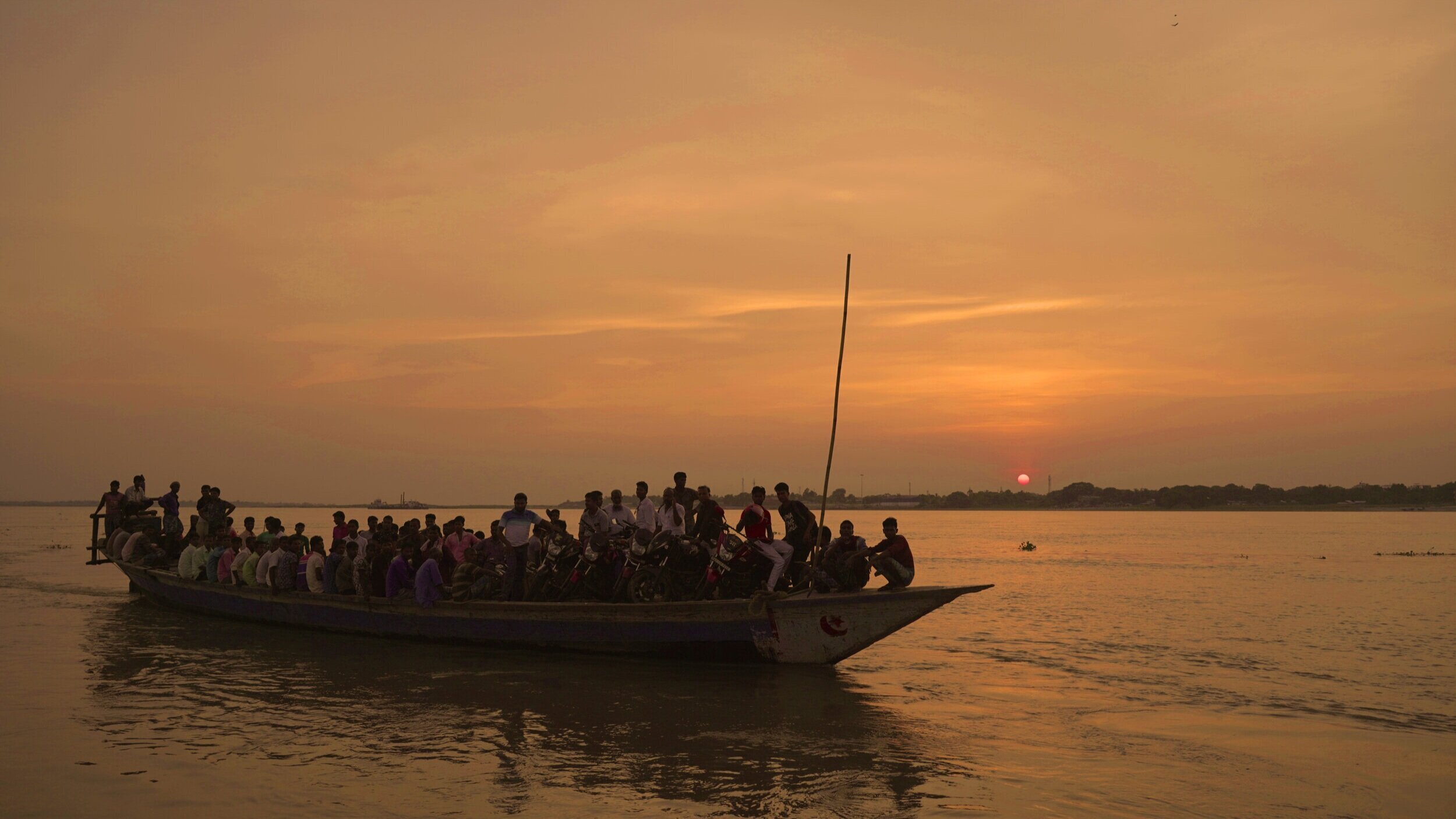Devshree Nath
Devshree Nath is an independent filmmaker from India, where completed her film studies from the National Institute of Design. She has always been interested in telling the stories which can impact our society––such as with her short film Noor Islam.
Devshree Nath participated in an exclusive interview with Filmatique as part of Talents 2021.
//
FILMATIQUE: Why did you decide to make this Noor Islam and tell this story?
DEVSHREE NATH: I researched about the citizenship crisis that was happening in Assam (in northeastern India) and it really interested me. I felt that such a tragic story, in a beautiful place like that, needed to be told. Furthermore, even my father and his family were migrants! I connected the dots and could feel the pain my father felt about leaving his home.
At first, I visited the northern part of Assam and there, the situation was quite normal. But when I visited the southern part of Assam, I realized that this was a huge problem and that people were in pain, and that this situation needed to be addressed and that filmmaking would be a great instrument to do so. Finally, I met Noor Islam, the personification of all the chaos and tragedy happening in Assam.
FLMTQ: It’s a very interesting yet tragic story that many people are not aware of. Could you talk a little bit about the Registry of Citizenship?
DN: There are a lot of migrants from Bangladesh in India, and you can easily walk from one border to the other. Because of this, not only does a lot of criminality happens, but people keep migrating from side to side.
Due to this, a huge process started back in 2015 to register citizens as Indians. People like Noor Islam lost their papers and certificates in floods, and as they were not educated enough to know about these things—they don’t have electricity or bank accounts, for example.
In my opinion, these people are going through torture. There was even a case of a 6-year-old kid being called at the center to prove his identity, even though his whole family was Indian. How can he be a migrant? These kinds of errors are common, and people are suffering from that.
Noor Islam, Devshree Nath (2019)



